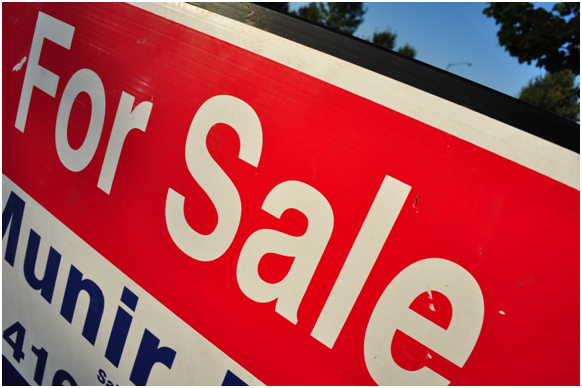Renting vs. Owning: 3 Key Factors to Consider
 The choice to rent a home or buy is a complex one, made more complex because the benefits may change according to your circumstances. If you are living in a location for a short amount of time, renting is probably the better option. However, owning a home may be a better long-term investment, even if “long-term” is only a few years. Here are three key factors to consider when deciding which option is right for you.
The choice to rent a home or buy is a complex one, made more complex because the benefits may change according to your circumstances. If you are living in a location for a short amount of time, renting is probably the better option. However, owning a home may be a better long-term investment, even if “long-term” is only a few years. Here are three key factors to consider when deciding which option is right for you.
Cost
In the short term, owning a home and renting are fairly similar. Both investments incur the one-time, initial costs of a down payment or security deposit, utilities setup, and property management fees. Even month-to-month, you may pay about the same for utilities and rent or a mortgage payment. However, the cost of owning a home is significantly less than renting property over time.
Depending on the terms of your mortgage, you will make monthly payments on your home anywhere from 10 to 30 years. If you have a fixed rate mortgage, the amount of your monthly payment will stay the same for the life of the loan. In the case of a variable rate, your interest may increase without very much warning.
You may be able to get a lower rate on your mortgage if you have a healthy credit history and stable income. Even when you have bad credit, lenders like Performance Mortgage & Financial Services Ltd., which provides mortgages in Edmonton, may be able to help you become eligible for a lower interest rate.
When renting, you will have to make a monthly payment to your landlord for the duration of your stay. Like variable interest rate mortgages, rent costs may change unexpectedly, making it difficult to accurately estimate your cost over time.
Many property management firms do not negotiate monthly rent costs. That doesn’t mean, however, that your credit health isn’t important. You may be denied tenancy if you do not have an adequate credit score, have a history of late payments and overdrafts, or do not have a steady source of income.
Taxes
One advantage of owning a home is the potential income tax breaks it provides. Whether you own a townhouse, mobile home, or cozy house in the suburbs, you may be eligible for these tax breaks:
- Mortgage Interest: All of your mortgage loan interest (the bulk of most homeowner’s monthly bill) is deductible unless your loan is for $1 million or more.
- Real Estate Taxes: Your property taxes are also deductible.
- Home Office: If you use a home office as your principle place of business, you will be able to deduct a portion of your utilities, home insurance, and home repairs.
- Accidental Damage and Loss: Uninsured loss that does not come to more than 10% of your gross annual income are also deductible.
As far as renting goes: while there are deductions available for landlords, there are no specific tax breaks for tenants.
Maintenance
Owning your dream home comes with the added burden of responsibility for home upkeep, from new paint to septic system maintenance. In some cases, your homeowners insurance will cover the costs of accidents, but most renovations and improvements will come out of your own pocket. The upside is that you can renovate.
When you rent a home, most of your maintenance costs are billed to your landlord. This means when the sink faucet breaks, you can just make a call to have it fixed instead of hiring a technician yourself. You might not be allowed to change the appearance of your rental to fit your own taste or comfort, however.
No two situations are the same. Many people choose to rent for years before they purchase their first home. This allows them to spend time finding the perfect home for their family, but may cost more than they would be spending on a mortgage payment in the meantime. If you are not sure whether renting or buying is right for you, consider discussing your situation with a mortgage lender or financial advisor.
Category: Apartment Rental, Housing, Real Estate





